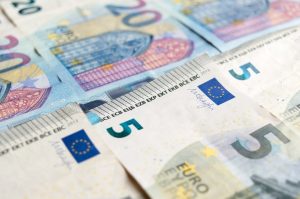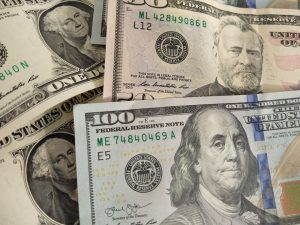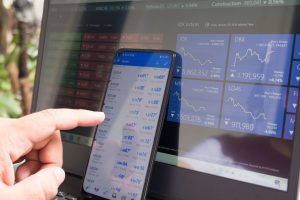Forex spread is one of the essential terms in forex trading, which refers to the difference between the bid price and the ask price. It is the cost that traders pay to enter or exit a trade. The spread is usually measured in pips, a unit that represents the smallest price movement in forex trading. The spread can be narrow or wide depending on various factors, such as liquidity, volatility, and market conditions. In this article, we will explore why forex spreads are so wide at times.
Liquidity
Liquidity refers to the availability of buyers and sellers in the market. A liquid market has many buyers and sellers willing to trade at any given time, while an illiquid market has fewer participants. Forex markets are generally liquid, but there are times when liquidity dries up, and spreads widen. This usually happens during major economic announcements or events, such as central bank meetings, political elections, or natural disasters. During these times, traders become hesitant to take positions, and liquidity dries up, causing spreads to widen.
Volatility
Volatility refers to the amount and frequency of price movements in a market. High volatility means that prices are fluctuating rapidly, while low volatility means that prices are relatively stable. Forex markets are generally volatile, but there are times when volatility spikes, and spreads widen. This usually happens during news releases, such as employment data, GDP figures, or inflation reports. These announcements can cause sudden price movements, and traders adjust their positions accordingly, causing spreads to widen.
Market Conditions
Market conditions refer to the overall state of the market, including economic, political, and social factors. Forex markets are affected by a wide range of factors, such as interest rates, geopolitical tensions, and global economic trends. When market conditions are uncertain, spreads can widen as traders become hesitant to take positions. For example, during the COVID-19 pandemic, global markets were highly volatile, and forex spreads widened as traders adjusted their positions to reflect the changing economic landscape.
Brokerage Costs
Brokerage costs refer to the fees that brokers charge for executing trades. Forex brokers make money by charging a spread, which is the difference between the bid and ask price. Brokers can widen their spreads to increase their profits, especially during times of low liquidity and high volatility. Traders should be aware of the spreads charged by their brokers and compare them to other brokers to ensure that they are getting the best deal.
Conclusion
Forex spreads can be narrow or wide depending on various factors, such as liquidity, volatility, market conditions, and brokerage costs. Traders should be aware of these factors and adjust their trading strategies accordingly. During times of high volatility and low liquidity, traders should be cautious and avoid taking positions that could result in significant losses. It is also important to choose a reputable broker with competitive spreads to ensure that trading costs are kept to a minimum. By understanding why forex spreads are so wide at times, traders can make informed decisions and maximize their profits.






